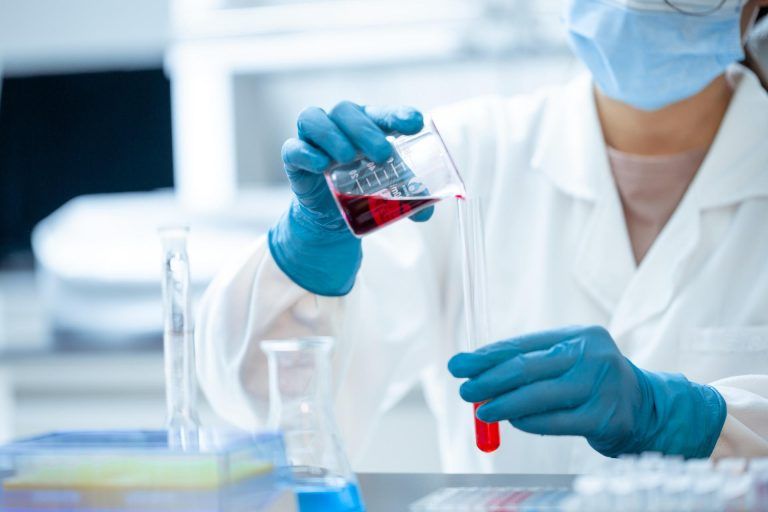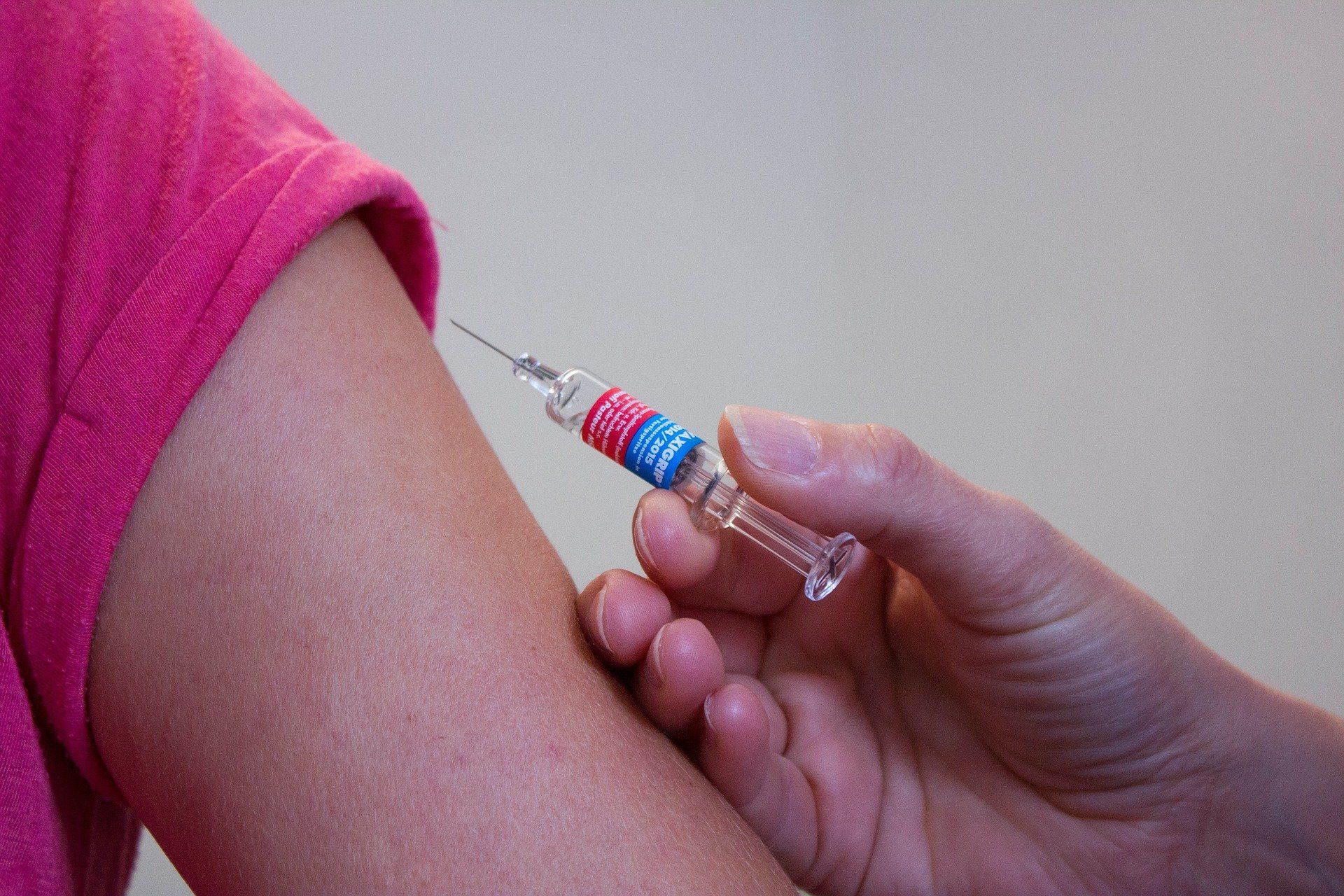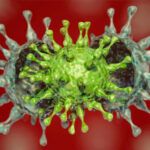The European Commission and the vaccine developer Moderna have reached an agreement to ensure that the delivery of COVID-19 vaccines is adapted to the needs of Member States. On the basis of this agreement, the company will postpone the delivery of some doses initially planned for quarter 2 of 2022, to later in the year. In addition, should an adapted vaccine receive an EU marketing authorisation following the assessment of the European Medicines Agency, a part of the doses scheduled for April, May and June may be delivered as booster vaccines adapted to the current COVID-19 variants from September and during the autumn and winter months of 2022.
The agreement will also allow the delivery of vaccines adapted to future variants, again after approval by the European Medicines Agency, so that Member States can respond to any epidemiological developments later this year and continue to support partner countries globally.
This amendment is part of an ongoing process whereby the Commission and Member States are working closely with the EU’s vaccine suppliers to address the evolving pandemic needs. The Commission intends to finalise further such agreements in the near future.
Background
In 2020, the European Union invested heavily in the global production of a number of COVID-19 vaccines. It was crucial to have vaccines as early as possible and at the scale needed, requiring important investments before knowing whether any of these vaccines would prove successful.
These actions taken at risk in 2020 have clearly paid off, as the development of vaccines has been quite successful: of the eight vaccines in the EU’s vaccines portfolio, five have received marketing authorisation, two are still under review, and only one has been terminated before reaching further stages.
EU Member States have access to safe and effective vaccines early, and at the scale needed, allowing all EU citizens to be offered primary and booster vaccinations, saving lives and mitigating the impact of the pandemic upon social and economic life.
Moreover, a large number of these vaccines could also be used in the global efforts to tackle the pandemic. Around two-thirds of vaccine doses produced in the EU – more than 2 billion vaccine doses – have been exported to 167 countries. Member States have shared almost 475 million doses of which around 364 million have already been delivered to recipient countries (around 85% of these via COVAX).
At the same time, Member States must continue to ensure they have the strategic stocks of vaccines they need to deal with the potential epidemiological evolution of the COVID-19 virus. This includes having supply contracts, which allow for the supply of adapted vaccines, should they prove necessary.
In cooperation with the manufacturers, the Commission continues to facilitate further exchanges of doses between Member States to better address their needs, especially for the autumn and winter season.

New agreement to recognise COVID-19 as an occupational disease |







Leave a Reply